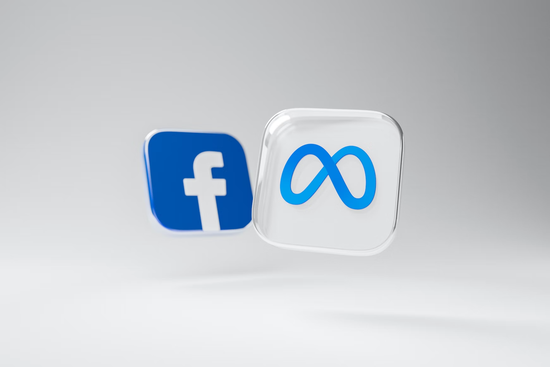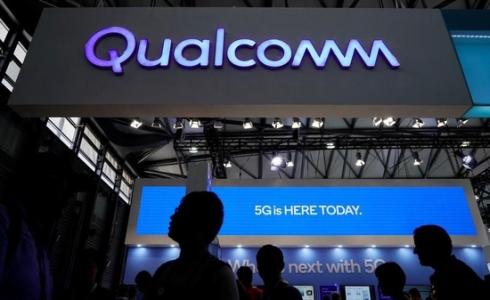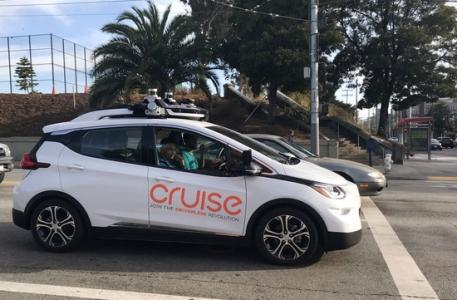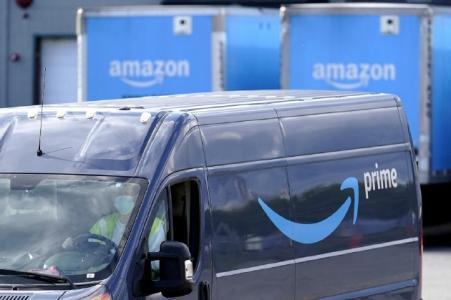your current location is:Home > Finance > depthHomedepth
Musk is disappointed with the progress of his own brain machine, saying he is looking to cooperate with competitors
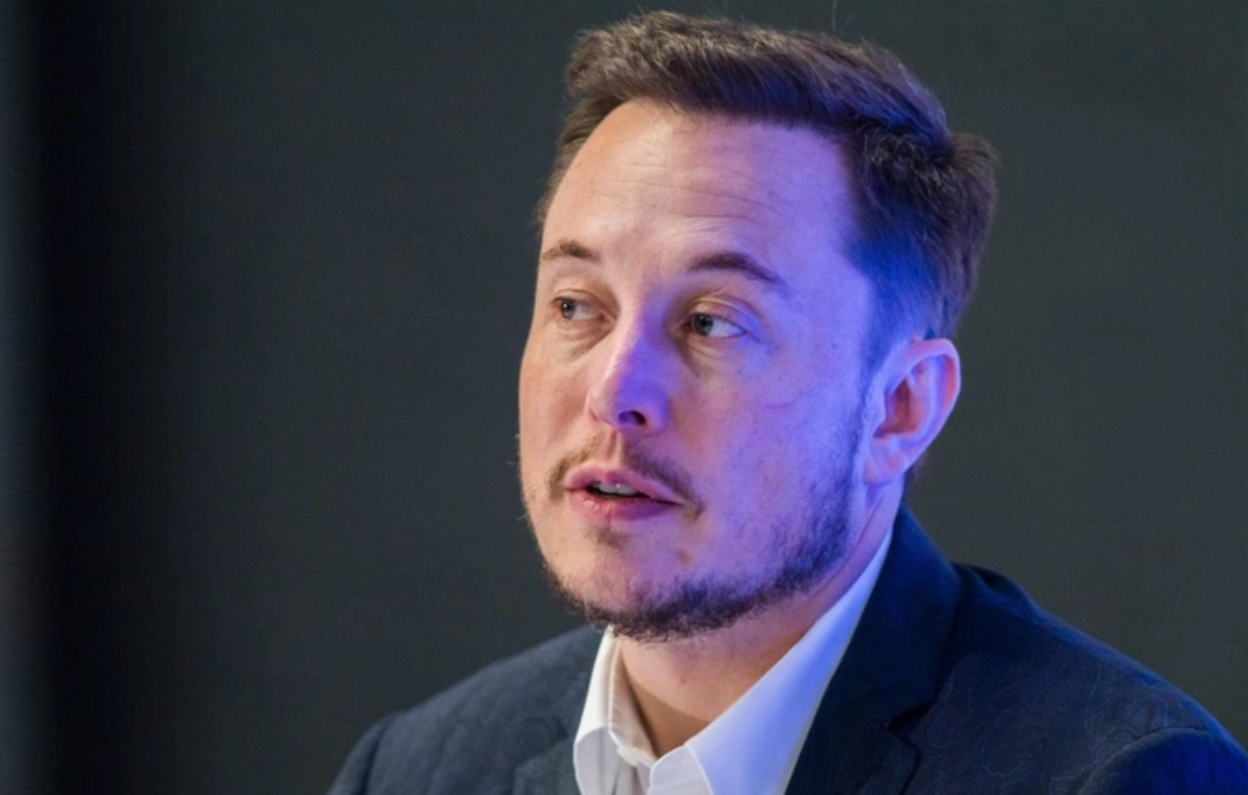
According to media reports, Musk appears to be growing increasingly frustrated with Neuralink, a biotech company he has invested in, because of its slow commercialization.
Two employees from Neuralink revealed that Musk is in contact with Synchron CEO Thomas Oxley, and the two sides may reach some deals. But it was unclear what the deal would entail or whether the two companies would cooperate.
Synchron is a competing company of Neuralink. The embarrassing thing is that this company, which was established later than Neuralink, has achieved overtaking in corners on its products, becoming the first company in the United States to conduct human experiments.
Slow progress
At the beginning of Neuralink, Musk was very ambitious.
On the basis of Tesla, SpaceX and other companies, Neuralink is added to realize the download and storage of human consciousness, and it is matched with the Tesla robot. Musk's immortality plan is complete.
Musk was confident at first, saying that human experiments with Neuralink would begin as early as 2020. But until now, the company has not received approval from the U.S. government to conduct human experiments.
To put it more bluntly, until now, Neuralink has not had any products that can be sold.
The reason why Neuralink can gain the public's attention is largely due to Musk's traffic, plus some seemingly "tall" experimental content, such as giving monkeys access to devices to let them play computer games.
But these things have a lot of water in the eyes of professionals, but they are just grandstanding.
Jason Shepherd, an associate professor of neurobiology at the University of Utah, once commented that Neuralink's fancy company presentation was just a beautiful summary of the results of the global research lab, but in essence, it was all left by others.
team run
Neuralink has eight co-founders, but only Musk and Dongjin Seo, an implant engineer in a senior role, remain.
The latest co-founder, Paul Merolla, is an expert on brain-inspired chips that are key to the success of brain machines. Merolla has led the development and design of more than 10 brain-like chips, and the brain-like chip TrueNorth, which he participated in the development of during his tenure at IBM, also appeared on the cover of Science magazine on August 8, 2014.
But in June of this year, his resume showed his departure status, quietly announcing the end of his relationship with Neuralink.
Another co-founder, Max Hodak, who left last year, turned to Synchron, the competing company that Musk was contacting according to media reports.
Founded in 2017, Synchron's main product is a brain implant that aims to help paralyzed patients control digital devices through a brain computer. Unlike Neuralink, Synchron's neural devices don't need to be cut into the skull to install.
In July, the device was implanted for the first time in the brain of a patient in the United States. Before that, Synchron has completed human experiments on four patients in Australia. At present, these patients can realize online chat, online shopping and other activities with the help of the brain-computer interface, and there are no obvious side effects.
Synchron, which has about 60 employees, has raised a total of $65 million in funding, according to market research firm Pitchbook. By comparison, Neuralink has more than 300 employees and raised $363 million in investment.
Having money and someone did not make Neuralink better, and Musk's blueprint for immortality was stuck in this link, which is really uncomfortable.
But the richest man may also have his own solution, such as becoming an investor in a competing company.
related articles
Article Comments (0)
- This article has not received comments yet, hurry up and grab the first frame~







